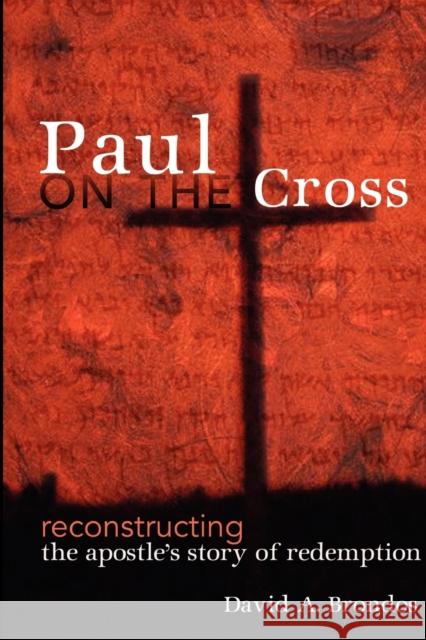Paul on the Cross: Reconstructing the Apostle's Story of Redemption » książka
Paul on the Cross: Reconstructing the Apostle's Story of Redemption
ISBN-13: 9780800637880 / Angielski / Miękka / 2006 / 241 str.
Even as theologians and others have become more critical of classic theories of atonement, Brondos maintains, biblical scholars have continued to understand Paul's soteriology based on the language and categories of a thousand years later. In this vital volume he draws the theological consequences of the "new perspective" on Paul for our understanding of the meaning and efficacy of Jesus'' death. Paul, says Brondos, understood Jesus' death primarily as the consequence of his mission of serving as God's instrument to bring about the awaited redemption of Israel, in which Gentiles throughout the world would also be included. For Paul, Jesus' death is salvific, not because it satisfies some necessary condition for human salvation as most doctrines of the atonement have traditionally maintained, nor because it effects some change in the situation of human beings or the world in general, but because God responded to Jesus' faithfulness unto death by raising him, ensuring that all the divine promises of salvation would be fulfilled through him. Jesus' death forms part of an overarching story culminating in the redemption of Israel and the world; it is this story, and in particular what precedes and follows Jesus' death on the cross, which makes that death redemptive for Paul.











